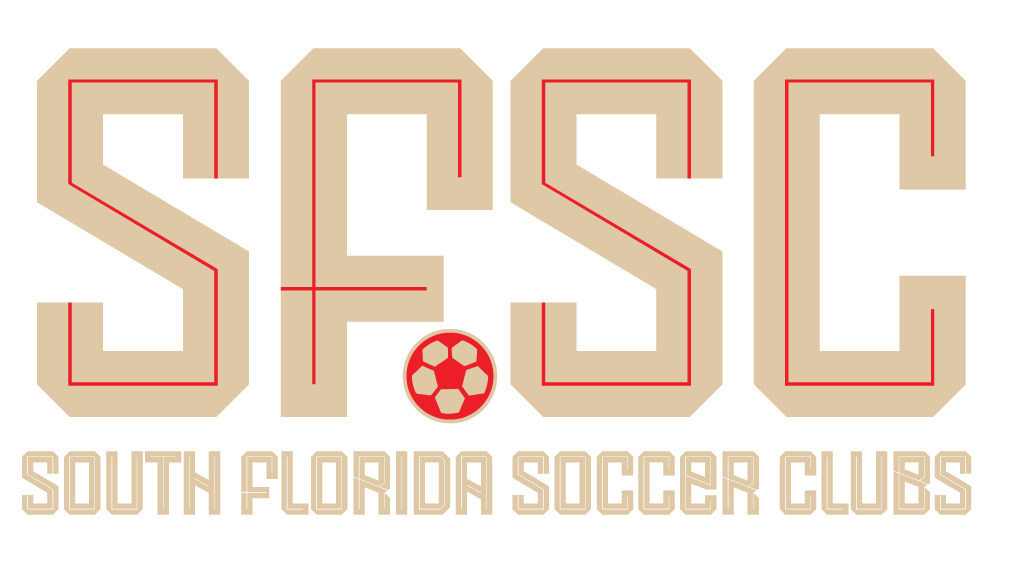Tournaments & Showcases: What Parents and Players Need to Know
Not all tournaments and showcases are created equal. Some offer real exposure to college scouts and professional academies. Others are simply well-organized weekend events with little impact on a player’s future. So how do you know which ones to choose?
This guide breaks it all down.
What Is a Showcase vs. a Tournament?
- Tournaments are usually competitive events focused on winning and team standings.
- Showcases are about exposure. Coaches and scouts attend to evaluate individual talent—not just who wins.
Why the Right Showcase Matters
A good showcase can:
- Put your child in front of college coaches or pro academies
- Help them network with scouts and clubs
- Give them footage and feedback that supports recruitment
A poor showcase may:
- Offer no meaningful exposure
- Cost thousands in travel with no return
- Leave players discouraged or overlooked
Top Youth Showcases That Get Attention
The following showcases are known to attract serious scouts and college recruiters:
- ECNL National Events
Invite-only clubs; heavy college coach presence (especially D1-D2). - MLS NEXT Showcases
Top-tier exposure for elite youth; includes pro scouts and top D1 schools. - USL Academy Cup / Showcase
Strong exposure to USL clubs; good for aspiring professionals. - National League P.R.O. Showcase Events
For players in top USYS-affiliated clubs; growing college coach attendance. - Exact Soccer College ID Camps (Select Events)
Some are money grabs—but specific dates attract large numbers of real recruiters.
What to Look For Before Committing to a Showcase
Parents and players should ask:
- Who will be there? (Get a list of confirmed college/pro scouts)
- What age groups are scouted the most? (Usually U16–U19)
- Are games filmed or streamed? (Important for highlight reels)
- Does the showcase fit your level? (If you’re not in the top bracket, you may be overlooked)
- How many players per team? (Too many players = less time to shine)
Tips for Players Attending Showcases
- Prepare a highlight video in advance
- Contact coaches before the event (Let them know your game times)
- Play smart, not flashy—show decision-making, positioning, work rate
- Be vocal on the field (Coaches notice leadership)
- Stay composed—how you recover from mistakes shows character
Tips for Parents
- Don’t coach from the sidelines—just support.
- Help with logistics, but let your child take ownership of communication.
- Focus less on stats, more on development and exposure.
- Document the experience: photos, videos, journals—it’s part of their story.
Final Thought
Choose wisely. Attending the right showcase can open real doors—but only if it aligns with your child’s goals, level, and timeline. You don’t need to attend every event—just the right ones.
Why a college coach might call a player right after a game at showcase:
Pre-existing Interest or Connection
- The coach may have already been following the playerbefore the showcase—perhaps from a previous camp, ID clinic, or because the player filled out a recruiting form on their website.
- Sometimes, the family knows someone, or there’s a club connection between the college and the player’s team or coach.
The Coach Wasn’t Evaluating Based on That Game Alone
- College coaches don’t just look for the best player—they look for the right fit for their system and needs.
- Maybe that school is desperate for a right back, or they play a conservative system and like how he stays back (even if you see it as overly passive).
- He might have shown body language, hustle, or leadership they liked, even if his touch wasn’t clean.
Academic Profile or Off-Field Factors
- Some schools—especially D3, Ivies, or high-academic D1s—start by filtering players based on academics.
- If the coach saw the list and knew the player had a great GPA or test scores, they might want to act fast before others do.
The Player Reached Out First
- Did he email or call the coach beforehand? If he reached out with a polished email and video, the coach may have come to watch specifically him or her and didn’t care as much about one mediocre game.
Coaches Sometimes Misjudge or Are Misled
- Some coaches make snap judgments and are wrong. They may have seen one moment they liked (a good recovery tackle, a calm pass) and thought, “Let me find out more.”
- Or maybe a parent, coach, or director hyped him up in a recommendation, and the coach is acting on that.
The Call May Not Be What It Seems
- A “call” might just be a formality to get info, not a deep recruiting interest.
- It’s possible they’re just gathering basic academic info for a long list that they’ll narrow down later.
Even if the player isn’t standout on the field, recruiting is about timing, connections, communication, and needs. It’s not always fair or logical. The best players often don’t get calls right away simply because they didn’t market themselves the same way or the coaches are taking more time.
Why You Shouldn’t Worry If Your Child Plays a Different Position at a Showcase
At tournaments and showcases, coaches often have to make quick decisions based on the needs of the team. Injuries, red cards, or tactical adjustments can lead to players being placed in unfamiliar positions. While this may feel disappointing to a player or parent hoping to “showcase” a specific role, the truth is—it’s not something to stress about.
Here’s why it doesn’t hurt—and might actually help:
College Coaches Aren’t Looking for One Position—They’re Looking for Potential
College coaches evaluate traits, not just roles. Whether your child is playing center mid or center back, coaches are watching for:
- Composure under pressure
- Game IQ and tactical awareness
- Passing ability and vision
- Work rate and attitude
- Communication and leadership
If your child displays these, they’ll stand out—regardless of the jersey number or position.
Versatility = Value
Being able to step into a different role is a big plus for recruiters. It shows your child is:
- Coachable
- A team player
- Able to adapt and perform under pressure
Many college rosters are small, and coaches often value players who can shift between roles seamlessly.
Character Is On Display
When a player embraces a new position with a good attitude, that’s leadership. Coaches notice players who don’t pout, complain, or shut down—because character matters as much as skill at the next level.
One Showcase Doesn’t Define You
A player’s profile is built over time. Coaches watch film, receive updates, and attend multiple events. If one weekend shows a player in a different position, it won’t erase the performances they’ve seen or will see in the future.
It’s Not About the Position—It’s About the Performance
Your son or daughter can shine anywhere on the field by:
- Winning 1v1 battles
- Reading the game early
- Staying vocal and composed
- Showing tactical discipline
Those qualities are what recruiters take notes on—not whether someone was playing left wing vs. left back.
Final Thought for Parents
Encourage your child to see it as an opportunity, not a setback. Their response to the moment might say more to a coach than their performance in a preferred position ever could.
Still have a question?
Set off on your next remarkable soccer adventure.




